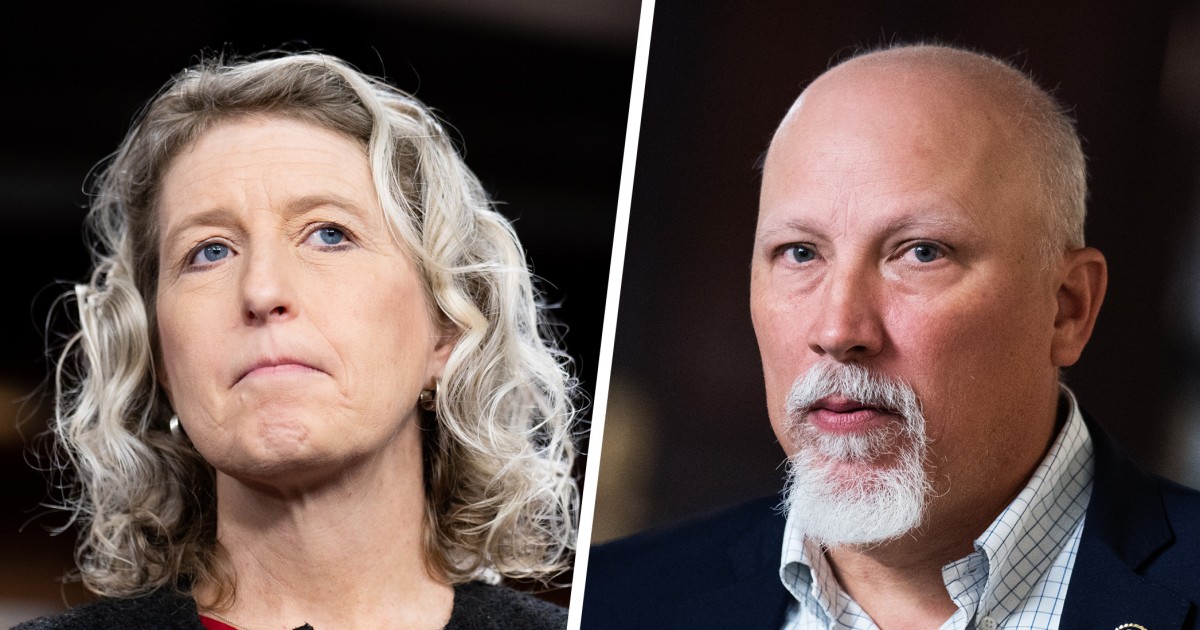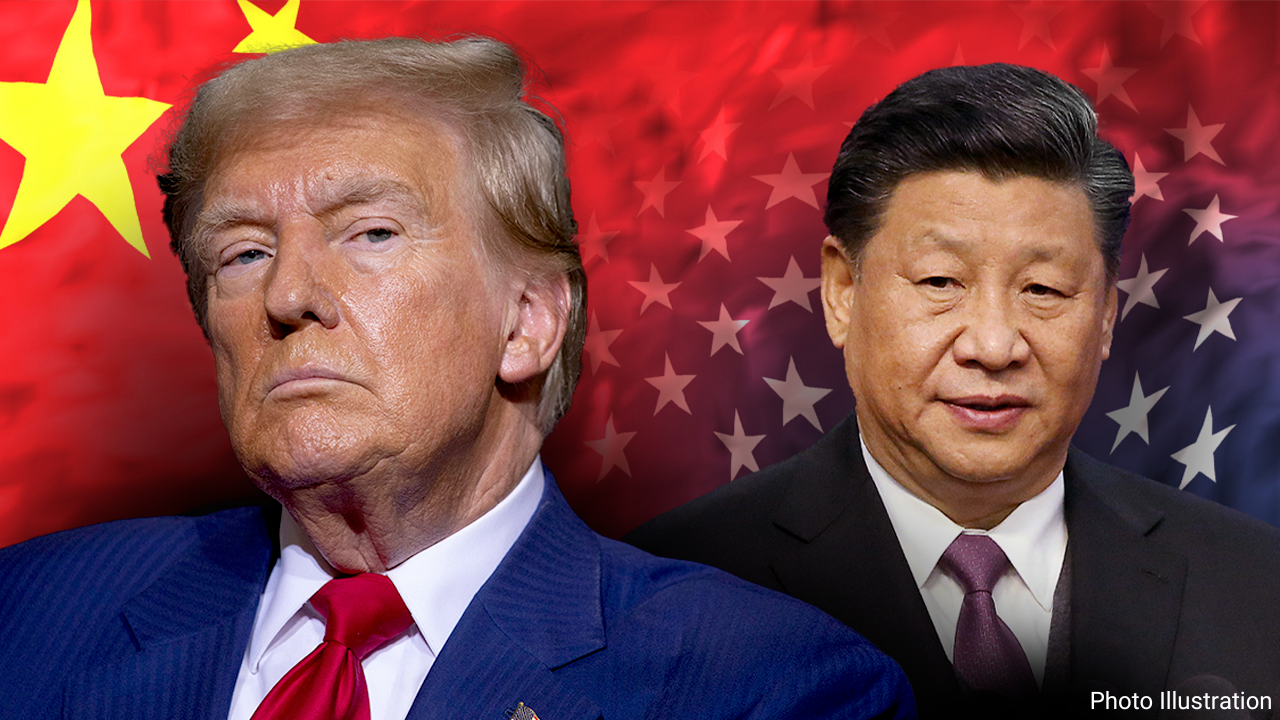Yukon voters will be going back to the polls later this year, this time to elect a legislative assembly with more members than before. They'll also be asked whether they support changing the voting system.
Plebiscite will be held at same time as territorial election, meaning voters will mark 2 ballots
CBC News
· Posted: May 23, 2025 3:41 PM EDT | Last Updated: 6 hours ago

Yukon voters will be going back to the polls later this year, this time to elect a legislative assembly with more members than before.
And voters will also be given a second ballot this year — about electoral reform.
Elections Yukon plans to conduct a plebiscite to gauge public support for the current electoral system — first-past-the-post, where the candidate with the most votes in a riding is elected — or if there's support to change to a ranked-ballot system.
The move follows a recommendation last year from a citizen's assembly of randomly selected Yukon residents who advised the territory to switch to a ranked-ballot system. Premier Ranj Pillai responded by announcing a territory-wide plebiscite on the issue.
Maxwell Harvey, Yukon's chief electoral officer, said the plebiscite will ask voters a yes-or-no question about whether the territory should adopt a ranked-ballot system or stick with the status quo. The wording of the question will be determined by the government, with input from Elections Yukon, and is expected to be announced by early summer.
"We will have an opportunity, Elections Yukon, to provide input into the question, to give any kind of advice, considerations that we believe the government should consider," Harvey said.
"It's a non-binding plebiscite to the voters to express public opinion."

Ranked-ballot systems can vary but in essence they mean that if no candidate in a riding gets at least 50 per cent of ballots cast, voters' second or even third choices would be used to ultimately determine the winner.
But one electoral reform advocate says she's not happy about what she considers the plebiscite's narrow focus. Sally Wright, with Fair Vote Yukon, says proportional representation should also be on the ballot this fall.
"What ranked vote doesn't have, and proportional representation does have, is you have two votes with proportional representation — one for the the candidate and one for the party," she said. "It detaches the candidate from the party so that voter has a better way to express themselves."
She said she's hopeful Elections Yukon will reconsider adding proportional representation as an option.
The Yukon Party said it thinks the whole thing is a waste of time.
"While we respect the work of the Citizens' Assembly, the entire exercise consumed substantial resources and will continue to do so if it directs a change to the voting system," a party spokesperson said. "We feel that the time, money, and energy being devoted to this entire process would be better prioritized in addressing the many challenges facing Yukoners."
A spokesperson for the Liberal government said it will take no position on the plebiscite.
"Our stance has been that any potential change to our electoral system should be decided by Yukoners, not by whichever party is in power at the time," the spokesperson said.
The NDP, which has traditionally been the biggest partisan backer of electoral reform, did not immediately respond to a request for comment.
Harvey said the plebiscite will be conducted in a way similar to the general election, and on the same day. When voters go to the polls, they'll be given two ballots — one to select their MLA, and one to vote on the plebiscite.
Harvey said there will be additional support at polling stations, including plebiscite officers, on voting day.
In the meantime, Harvey said, Elections Yukon will focus on ensuring that voters know about and understand the plebiscite, and have the information they need to make an informed choice.
The territorial election — and therefore the plebiscite — is scheduled to happen on Nov. 3, but could be called earlier.
The governing Liberals are currently in the midst of a leadership race to replace Premier Ranj Pillai, who is resigning. The party is scheduled to choose their next leader on June 19.
Yukon's electoral map has also been redrawn since the last general election, with two new ridings in Whitehorse and some changes to existing districts. The changes were recommended by an independent commission and approved by MLAs last year.
That means the next legislative assembly will have 21 members, up from the current 19.
With files from Chris Windeyer

 2 weeks ago
11
2 weeks ago
11








 English (US) ·
English (US) ·